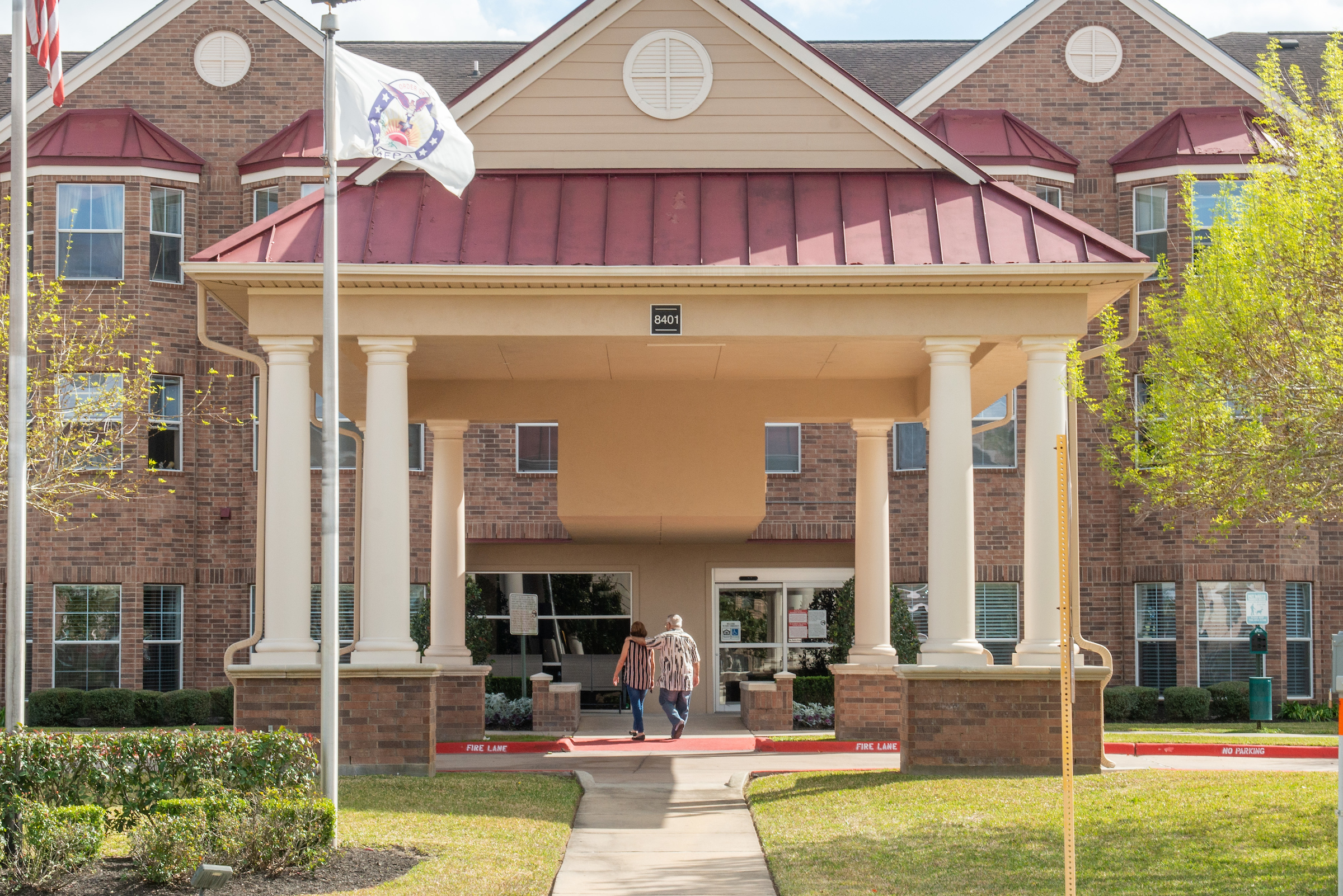April 16, 2024
Addressing The Senior Housing Crisis
The Senior Housing Crisis
The Harvard Joint Center for Housing Studies highlighted a pressing issue in the United States in an alarming report about the unpreparedness to provide adequate housing and care for the rapidly growing population of older Americans. Amidst this crisis, AHEPA Senior Living (ASL) is actively working to mitigate these challenges through our development projects. AHEPA Senior Living’s role in expanding housing solutions demonstrates a proactive approach to a looming crisis that threatens millions of older Americans’ well-being and financial stability.
The Growing Need for Senior Housing and Services
The United States is witnessing an unprecedented surge in its older adult population, underscored by the fact that all of the baby boomer generation will be 65 or older by 2030. The demographic shift substantially challenges affordable and accessible senior housing and aging services. The Harvard article emphasizes the dual challenge of securing housing and the necessary supportive services that older adults require to live independently and with dignity.
Securing affordable housing and necessary services for older adults has become increasingly challenging. High costs, limited availability and accessibility issues are just the tip of the iceberg. Professionals underscore the critical need for a comprehensive strategy to address these issues, pointing out the severe cost burdens many older adults face, compromising their ability to afford other essentials like healthcare and nutrition.
Current Challenges in Senior Housing
Senior housing is fraught with challenges. High costs and limited accessibility are sizeable barriers couple with the added frustration of insufficient or stalled government investment. The Harvard article sheds light on these challenges, highlighting the need for innovative solutions to provide adequate housing for seniors. Additionally, disparities in housing equity and the impact of climate change further complicate the situation, underscoring the urgency of addressing these multifaceted issues.
Renters Cost Burdened at Record Levels. According to a January 25 report from the Joint Center for Housing Studies (JCHS) at Harvard University, America’s Rental Housing 2024, a record number 22.4 million renter households spent more than 30% of their incomes for housing and 12.1 million renter households spent more than 50% for rent in 2022.
One potential solution to these challenges is the HUD 202 program, which focuses on providing affordable multifamily housing for older adults. However, in the marketplace, the affordability issue of rising rents indicates a growing gap between housing costs and the financial capabilities of older adults. This gap further stresses the importance of comprehensive solutions that address both affordability and accessibility.
AHEPA Senior Living’s Response
With these broad challenges looming, ASL continues to initiate development projects to provide affordable, accessible housing and supportive services for seniors. These projects seek to address the immediate needs of older adults and incorporate innovative approaches to ensure their long-term sustainability and resilience.
In 2023 alone, AHEPA Senior Living closed a $23.5 million deal to build their fifth community in Iowa as well as a $25.18 million deal to rehabilitate and preserve three properties in Mobile, Alabama. The nearly $50 million investment in several communities is in addition to hiring Rory Neubrander to lead the AHEPA development team as vice president.
Also, with policy changes in effect in Ohio, ASL aims to bring its Hellenic Senior Living affordable assisted living lifestyle brand to the Buckeye state. This unique model of providing seniors with affordable access to assisted living services combined with affordable housing is AHEPA Senior Living’s response to the high cost of long-term care that older adults face. As reported by the Joint Center, just 13 percent of older adults can afford to move to assisted living.
These recent actions implemented by ASL are a testament to the organization’s forward-thinking strategy. By providing quality affordable and accessible housing solutions, ASL sets the standard for affordable senior living communities, continuing to pave the way for a future where senior living is about providing peace of mind to loved ones, allowing them to thrive.
The Future of Senior Living
The need for creative and sustainable solutions in senior living has never been more critical. With strategies focused on the future, ASL is even exploring opportunities for integrating renewable energy sources into their communities and projects, showcasing a commitment to sustainability and cost efficiency.
AHEPA Senior Living’s commitment to shaping the future of senior living is further underscored by its recent strategic hires in the development team, who bring fresh perspectives and expertise in sustainable development. By hiring these forward thinkers, development efforts continue to look toward communities that promote longevity, happiness and peace of mind. ASL’s initiatives offer a glimpse into a future where senior living is synonymous with vibrant, supportive communities catering to older adults’ comprehensive needs.
Conclusion
AHEPA Senior Living’s proactive approach to senior housing challenges demonstrates a dynamic model of innovation, sustainability and inclusivity. By addressing the pressing needs of today’s senior population and laying the groundwork for future advancements, ASL exemplifies leadership in transforming the affordable senior living sector. The organization’s commitment to enhancing the lives of older adults through affordable, accessible, and high-quality housing solutions sets a benchmark for excellence in the field.
To learn more about AHEPA Senior Living’s innovative projects and how you can support efforts in improving senior living solutions, visit our website and join us in creating a better future for our seniors.

